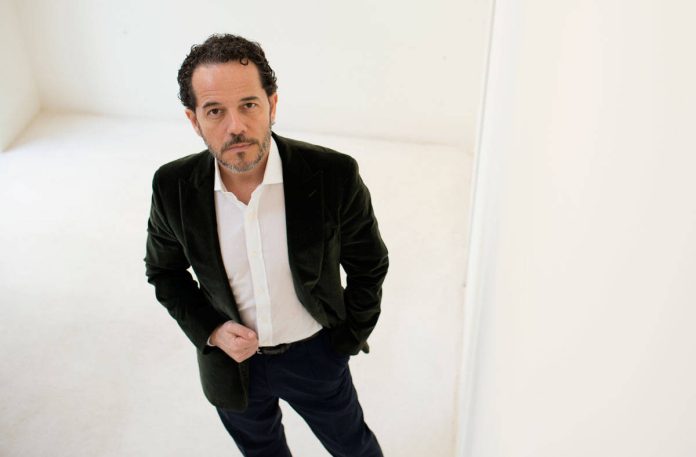Why was ICG established?
The ICG adventure began in late 2012, when the Italian and European market were in crisis, a crisis that exposed the weaknesses of the Italian system, which is made up of small companies and family businesses that struggled and still struggle to meet to the demands of globalization and did not understand what was happening. ICG’s aim is not to reinvent products, but rather to discover high-quality products that are relatively unknown at an international level and develop them, adapting them to a new environment. Nowadays it is no longer enough to have a good product in order to achieve success; it is fondamental to have a brand and distribution network. If you have two of these elements, you can create the third one, but if you only have one there is a reasonable risk that you will not be able to go any further. Valcucine and Driade were chosen because they are completely unique, impossible to replicate, but without a competent management, there would have been limitations to its evolution.
In the case of Driade this reasoning is completely understandable, but in the kitchen industry there is more uniformity and it is harder to draw a distinction. So why Valcucine?
The kitchen market is controlled by dealers, the purchase – even in terms of costs – is more rational than emotional and the customer is less informed. Valcucine has a distinctive product, a story behind it a loyal distribution, but an unambitious brand communication. The brand has a lot to offer because in the course of its evolution we consolidated its strengths with three concepts that reinforce its uniqueness: timelessness, wellbeing and innovation.
You opened a contract division, that aims to hotels as well as residential projects, involving large numbers. Is this an attractive prospect for you?
Absolutely, contract is central to our strategy because – especially with residential – it involves the manufacturer/ dealer/customer chain, a triangle that will experience enormous changes at every level over the next five years. This is already happening in the USA. At an international level, the market will progress along three channels: the first is retail, controlled by large distribution groups (such as Restoration Hardware in the USA) which will prevail in distribution. The second channel is online: here there will be a significant increase in the sales of decorative accessories, so-called fast design’. We believe that 70% of Driade products can be sold via web. The third channel is represented by contract projects. We don’t present ourselves as a contract company that acts as an intermediary between the brand and the developer; we consider ourselves as a company that has the best brands in the various sectors: kitchen, furnishing, we will soon have bathroom and even lighting companies, so we can offer complete solutions. We will thus convey competence and sensitivity and the fact that we manage contract directly will be reassuring.
Are some markets more interesting for you than others?
We will focus on high-end contract. The priority target areas are Southeast Asia, the Middle East and the United States, without overlooking Italy and Europe. Indonesia and Malaysia are still growing at a double-digit rate. China is important, but no more than the other countries I mentioned before.
What role do the new products play in the strategy that you just described?
Before deciding on a product, we carefully gather our ideas: our companies have so much to say, so we write down all of their characteristics and merits. Do we make beautiful products? Yes, but not only. People buy products that have their own integrity, which proclaim the reason for their existence. Aesthetics comes later. We consider the customer’s habits: are they gourmets or do they prefer traditional cuisine? Are they concerned with healthy eating or do they love oriental cuisine and technology? We have geared the design of our products so that our kitchens can be equipped according to the needs of different clientele. The ability to recognize the type of client that you aims to is fundamental. If I sit down to buy a kitchen, I generally find myself in a difficult situation: “where should the oven go?”. I feel uncomfortable, get up and leave. The challenge is understanding the motives for buying and knowing how to create subsequent sale motivation that is appropriate and sufficient. The purchase of a kitchen should involve elements of wellbeing. This is why we work: so that kitchen becomes the SPA of the future.







